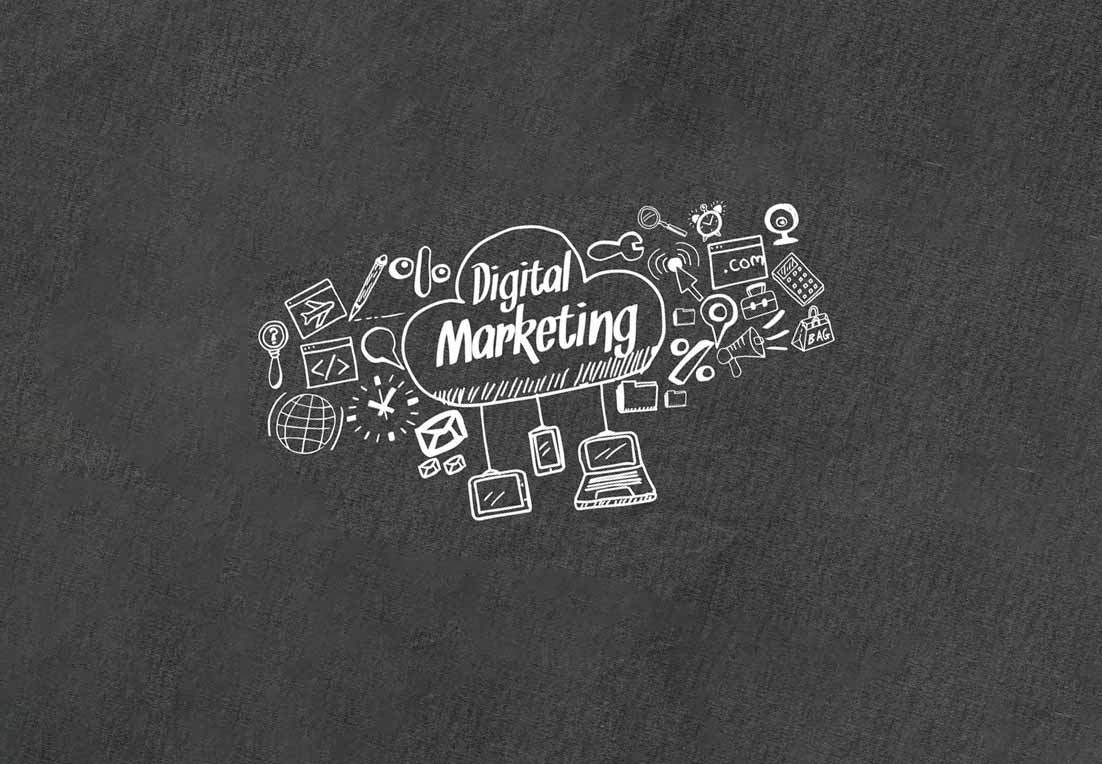What is Digital Marketing?
As a small business owner, it’s hard to thrive in today’s technology-driven world without enlisting the help of a digital marketing agency. Your online reputation and the ability of consumers to connect with your business in a digital environment are absolutely imperative to your bottom line. If you’re not overly familiar with what digital advertising is or how it can assist your small business going into the future, then it’s time to learn the various factors involved in digital marketing.
Website
At the very basis of any great digital marketing strategy is a great website design. Your website not only needs to promote a great experience for your visitors, but it also needs to be properly optimized for the search engines. It’s imperative that the perspective of your visitors is taken into account when determining how content is presented on your website and how your navigation is set up.
Visitors that arrive need to understand the specific products or services that your company offers. They need to be able to easily get in contact with your company regardless of what page brought them onto your website. Here at Local View, we can help to ensure that your website visitors get exactly what they need so that they can continue to reach out and contact your business to get the products and services that they want.
Many business owners don’t realize that your website isn’t a set-it-and-forget-it kind of thing. Your website should be undergoing regular split-level testing to determine what visual aspects are working better than others. Our digital marketing agency will constantly work to optimize your website to make it even more effective for visitors to use and interact with your business.
Search Engine Optimization (SEO)
Search engine optimization, known informally as SEO, is the process of optimizing your website to rank highly in the search engines for terms related to the specific products or services that your business offers. When your website shows up at the top of the search results on search engines like Google, more people that are actively searching for the products or services that your business offers are going to be likely to click through to your website. The more visitors you can get to your website by ranking highly in the search engines, the more possibility you have to convert those visitors into long-lasting customers.
There are three main areas of search engine optimization that you’re going to need to get your business’s website to rank successfully for the search terms that you would like. These include on-page SEO, off-page SEO, and Technical SEO.
On-Page Search Engine Optimization
The purpose of on-page SEO is to focus on the actual content that exists on every page of your website. The more content that you have which is relevant to the products or services that you’re offering, the more likely you’re going to rank highly in the search engine for those terms.
Off-Page Search Engine Optimization
When it comes to off-page SEO, it focuses on attributes like inbound links to websites that help to boost its relevance and authority in your industry. When search engines look for what website should be at the top of the search engines, they want to showcase websites that other websites are linking to as an expert.
Technical Search Engine Optimization
Lastly, we have technical search engine optimization, which is all about optimizing the backend of your website. It deals with aspects like your website’s load speed, image compression, how your pages are coded, and so forth.
Website Automation / Sales Funnel
Another imperative part of any digital marketing strategy is automation. This can help to save time and money and assist in ensuring that your customers are receiving the attention that they need and deserve. There are many different repetitive tasks that can be put into automatization. These include the following four strategies:
1. Email Newsletters
With the help of our digital marketing agency, we can automate your email campaigns. This will allow you to not only send out newsletters on a consistent basis but will allow you to expand or shrink your contact list depending on who you want to receive specific newsletters. This allows you to tailor the content to specific groups of your target market to help increase their likelihood of converting.
2. Lead Workflows
Just because you get a prospective customer to give you their email address, that doesn’t mean that they’re going to be buying products or services from you. Many times, it can be a long process to take a lead and convert them into a long-lasting customer. Fortunately, with lead workflow automation, we can help to set up specific emails and content that leads will receive when they meet specific criteria. For example, if they downloaded one of your ebooks, there will be a series of follow-up emails that will help to continue and connect with those leads to convince them to convert to be customers.
3. Social Media Posting
When it comes to social media marketing, consistency is key. The easiest way to ensure that you have consistent posting on all your social media channels is to automate the process. This will work to it expand your business’s online awareness and ensure that your business stays fresh in the mind of your followers.
4. Campaign Reporting and Tracking
To continually optimize all of your digital marketing strategies, you need to have your campaign tracking and reporting on automation. This will keep track of a ton of different data like different emails, the contents sent to them, the web pages people visit, and so forth. When all of this information is reported through automation, it gives you the opportunity to go back and see how certain campaigns are performing. It even allows you to break down a campaign’s performance based on various components so you can see which aspects of the campaign are working in your favor and which ones need to be improved going into the future.
Content Marketing
Content marketing is all about generating awareness for your brand online and driving more qualified leads to your business. There are four main types of content marketing that are typically utilized in creating a successful strategy for your small business. These include blog posts, infographics, e-books, and audio or visual content.
1. Blog Posts
Apart from your regular website content, you’ll want to have a company blog where you can publish information for your visitors. This works to showcase your industry knowledge and goes a long way in generating more organic search traffic for your business. When you cover a variety of industry-specific topics, your website is more likely to show up for those topics when consumers are searching for them in the search engines.
2. Infographics
It should come as no surprise that many searchers don’t want to do a lot of reading. In fact, many will simply look for visual content to help get the answers they need. You can help to ensure your business has something for everyone by including infographics. For those who are unfamiliar, infographics are a form of visual content that includes a collection of visuals that help to give an easy-to-understand overview of an entire topic. For example, you can break down the various steps of a process with an individual picture for each process to make it super simple to follow.
3. E-Books
Another great method of content marketing is to produce e-books to further educate your website visitors. The key behind these books is that they allow you to get your readers’ contact information in exchange for providing them with the information in your e-book. This can help to grow your email subscriber list and ultimately convert that reader into a long-lasting customer.
4. Audio / Visual Content
Two of the most popular channels for audio and visual content marketing are television and radio. When you create audio or visual content that can be easily shared online, you can help to grow your brand awareness and reach more potential customers.
Search Engine Marketing (SEM)
While SEO is all about getting your business’s website up to the top of the Google search results for terms that are relevant to your industry, social engine marketing or SEM is all about taking advantage of the paid advertising opportunities on those pages. On Google, you’ll see paid ads that seem to seamlessly fit in at the top of the search engine results.
Think about your business’s information being up there to get instant visibility from consumers that are looking for your products or services. The more opportunities you have for your business to be at the top of the results page, the more likely searchers are to go to your website and convert into customers.
Social Media Marketing (SMM)
Every successful business in this day and age needs to be utilizing social media marketing to continue to expand going into the future. This particular marketing practice consistently works to promote your brand and the content on your social media channels. This helps to drive more traffic to your business and ultimately generates more qualified leads.
Social media sites like Facebook, Twitter, Instagram, Snapchat, Pinterest, and Linkedin can all be utilized to create viral marketing campaigns for your business. These platforms allow you to share all different types of content, from written content to video content. They even allow you to connect with consumers who are trying to communicate with your business.
Pay-Per-Click Advertising (PPC)
Pay-per-click advertising, also known as PPC for short, helps to drive traffic to your website by using paid ads. The most common source of these paid ads is Google Ads, where you can take over those top spots on Google search engine results pages for industry-relevant terms. Every time a customer clicks on your link, you’ll need to pay for that click.
While Google Ads is one of the most popular PPC platforms, it’s not the only one. You can use paid ads on Facebook, Twitter, LinkedIn, and other social networking sites. For example, on Facebook, you can pay to have your customized slideshow, post, or video shown in the news feed to subscribers who match your business’s target audience.
Email Marketing
At the backbone of any great digital marketing strategy is email marketing. This is where you gather contact information for website visitors and share regular content with them. This helps to maintain constant interaction between subscribers and your business. You can use email to promote specific content, special promotions or discounts, or even just to continue to establish your credibility in your industry.
Some common types of email campaigns that you may want to embark on include:
- Welcome emails
- Special holiday promotions
- Loyalty program benefits
- Newsletters
- How-tos and other industry tips
- Follow-up emails after subscriber interactions
Email is a very versatile form of marketing that gives you a direct line of communication with existing and prospective customers alike.
If you’re interested in adding digital marketing to your business’s advertising strategy, be sure to contact us today.





